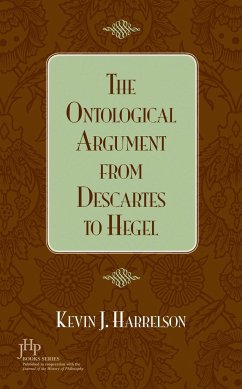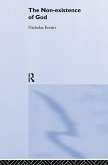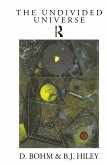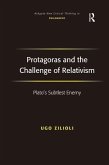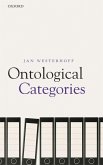The ontological argument for the existence of God has been a constant in the philosophy of religion since its first formulation by Anselm of Canterbury in the 11th century. In the 17th century, it was revived by René Descartes, and ever since has been a subject of dispute and much debate among philosophers. Descartes formulated it as follows: "Premise 1: That which we clearly understand to belong to the true and immutable nature, or essence, or form of something, can be truly asserted of that thing. "Premise 2: But once we have made a sufficiently careful investigation into what God is, we clearly and distinctly understand that existence belongs to his true and immutable nature. Conclusion: Hence we can now truly assert of God that he does exits" In this interesting history of the argument, philosopher Kevin J. Harrelson shows that the defense of the ontological argument is more consistent and persuasive than has frequently been supposed. In addition to correcting many common misunderstandings about the argument, the author highlights what appears to be an irremovable tension between the conclusion and the explanation of the proof. Both the common objections to the argument and its historical development in early modern philosophy are explained in light of this tension.
Bitte wählen Sie Ihr Anliegen aus.
Rechnungen
Retourenschein anfordern
Bestellstatus
Storno

